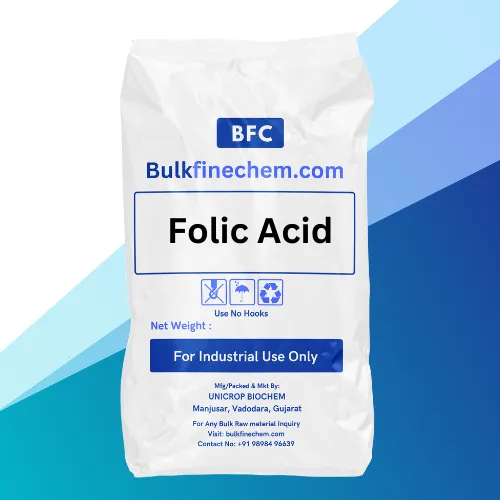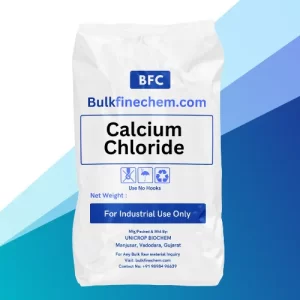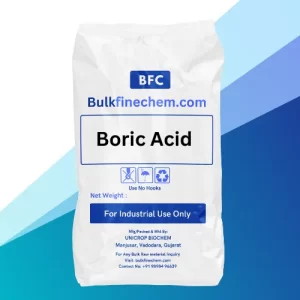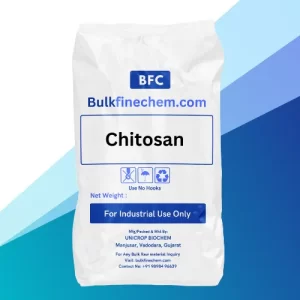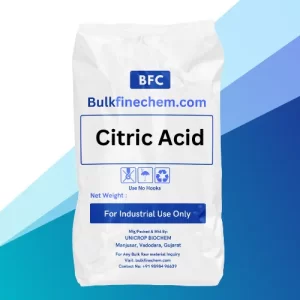Folic acid
Categories: Industrial Chemicals, Pharmaceutical fillers
Folic Acid is a collective term for pteroylglutamic acids and their oligoglutamic acid conjugates. As a natural water-soluble substance, folic acid is involved in carbon transfer reactions of amino acid metabolism, in addition to purine and pyrimidine synthesis, and is essential for hematopoiesis and red blood cell production.
Application Of Folic Acid
Folic acid also known as vitamin B₉ folacin, is one of the B vitamins. It gets converted into folate by the body. It is used as a dietary supplement and in food fortification as it is more stable during storage and processing. The market is segmented by type and application.
mechanism of Action
- Folic acid would need to be taken up by plant roots through a process called root uptake.
- Plants can absorb certain organic compounds, but this is generally limited to specific organic nutrients and not typically extended to it.
- It could potentially serve as a coenzyme in various metabolic reactions within the plant.
Benifits of Folic acid
- It can act as a cofactor in various metabolic pathways within plants.
- It plays a role in the synthesis of amino acids, nucleotides, and other essential molecules.
- It also may support chlorophyll production in plants. Chlorophyll is essential for photosynthesis, the process by which plants convert sunlight into energy.
- It can potentially help plants cope with environmental stressors, such as drought, high salinity, or extreme temperatures.

